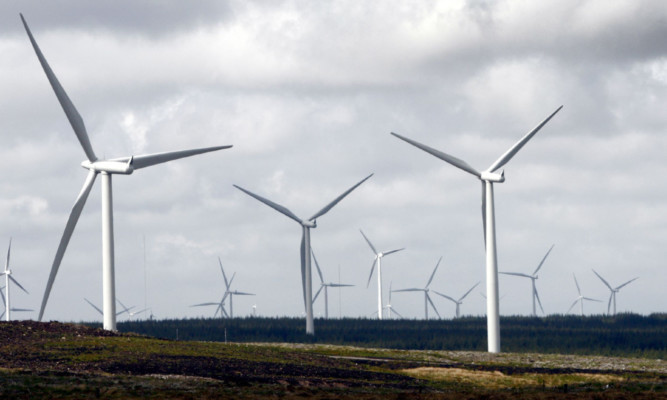Scottish economist Tony Mackay said the massive subsidies for onshore windfarms produced “supernormal” profits for Scottish businesses and landowners.
The costs of the “unnecessarily high” payments have been borne by electricity consumers through higher bills, he believed, and the UK Government is right to reduce them.
Mr Mackay was commenting on the eve of Scottish Energy Minister Fergus Ewing chairing a green energy summit on the impact of UK Government plans to end onshore wind farm subsidies.
UK Energy Secretary Amber Rudd said ending the scheme meant energy bills would not need to rise, but Mr Ewing accused the Conservatives of ignoring Scottish concerns.
The Scottish Government said the plans will disproportionately affect Scotland, which has about 70% of the UK’s onshore wind capacity and proposed projects.
Industry body Scottish Renewables has warned that the change could put up to £3 billion of investment and 5,400 jobs at risk.
Describing the system of windfarm subsidies as a shambles, Mr Mackay said subsidies were unusually offered for schemes’ operating costs and revenue unlike most subsidies which went towards capital investments.
After a number of feasibility and economic impact studies, the economist had come to the indirect conclusion that the subsidies have been 2.8 times higher than required to meet the objectives of more wind energy generation.
“The result is that some people have made, or will make, extraordinary profits from windfarms in Scotland,” he said.
The main beneficiaries of the “supernormal profits” have been the large companies such as Scottish Power and SSE, he added.
He believes electricity bills in Scotland are about 10% higher than they would be without the subsidies, which have also produced a backlash from environmentalists opposed to the growth of windfarms.
He said the UK Government’s proposed changes were “a sensible step forward,” and he hopes they will result in lower electricity prices for Scottish consumers.
